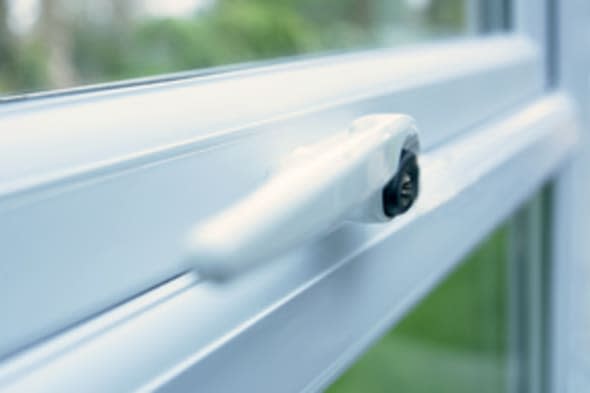Could your house be poisoning you?

You might think of your home as a safe haven, where you shut the doors and windows against the worst the world can throw at you, and finally feel secure. However, a new report has suggested that by shutting those doors and windows, you're actually increasing the risk that your home itself could be poisoning you.
Experts have been alive to this risk for a number of years, but the Daily Mail is warning that we could be at particular risk at this time of year, as we keep doors and windows closed against the cold air, trapping pollutants in the property. This has been made even worse by our enthusiasm for insulating our properties more effectively, which reduces ventilation still further.
The report drew heavily on the work of Peter Howarth, Professor of Allergy and Respiratory medicine at Southampton University, who has coined the term 'Toxic Home Syndrome". His website myhealthmyhome.com, claims that 15.3 million homes in the UK suffer from this, which is putting the occupants at risk from the pollutants in the air.
%VIRTUAL-ArticleSidebar-property-guide%
Potential impact
The website makes for pretty alarming reading, because these pollutants can be caused by any number of things most of us do at home. These include taking showers, which condense around the bathroom, and cause mould to develop. Likewise, drying washing around the home releases organic compounds, cooking on a gas hob releases gases, using a wood-burning stove can release pollutants when smoke is able to drift back into the property. Even walking around in shoes brings pollutants and germs in from outside, which can be harboured by carpets and allowed to breed.
Each of these pollutants has a potential impact. Mould, for example, can exacerbate allergies and breathing problems, while the organic compounds can increase the risk of cancer, the gases from the hob can cause respiratory problems, smoke can cause lung damage, and carpet-related pollution can increase breathing problems and allergies.
It all sounds terribly frightening. However, there's really no need to panic.
Are you at risk?
If you have mould in your home, then there's every chance that it is not suitably ventilated, and either you should install better ventilation systems or keep windows open more - regardless of the weather.
Even if there are no physical signs that you could have a problem, it's worth considering whether you or anyone else in your family is suffering from the symptoms associated with pollutants. Most commonly these include skin irritation, dry eyes, a congested nose, allergic reactions such as eczema or asthma, headaches, poor concentration and lethargy. If so, it's worth addressing ventilation at home.
But before we all start to panic, it's worth bearing in mind that every home has some pollutants in it. A study by Waverton Analytics at the end of last year found that 91% of homes exceeded the recommended maximum levels of indoor pollutants.
It's hardly surprising, given that at some point someone has walked on your carpets in shoes, there have been clothes drying, and someone presumably decorated it and cleaned it too - both of which pump plenty of chemicals into the air. Given that 91% of the population of the UK isn't keeling over from the effects of Toxic Home Syndrome, it means we should keep the risks in perspective.
This research should encourage us to think more carefully about how well ventilated our home is - especially if you have been suffering from any of these symptoms - it shouldn't, however, give us any reason to worry. There's every chance that opening the window when you have a shower, and making sure each room is aired regularly, should keep the healthy air circulating nicely.
Homes on AOL Money
Five pitfalls to avoid when looking for cheap rental property
Get up to £8,000 to make your home energy efficient
Bedroom secrets revealed: how often do we change our sheets?




